These are primary and secondary students from 18 schools in the province who are participating, during the month of June, in the project ‘Evaluation and importance of algae and marine phanerogams for the fishing sector of the Levante Almeriense’ of the Center for Scientific Collections of the UAL.
Through two sessions consisting of three workshops, more than 1,500 primary and secondary students from 18 schools in the province are becoming scientists and scientists, during this month of June, to discover the marine biodiversity of the Levante Almeriense by the hand of CECOUAL, the Center for Scientific Collections of the University of Almeria.
The activity is part of the project ‘Evaluation and importance of algae and marine phanerogams for the fishing sector of the Levante Almeriense’, which has as general objective to identify algae and marine phanerogams and contribute to the sustainable management of protected and unprotected marine areas with fishing activity. And to the monitoring and maintenance of marine biodiversity, through the realization of an inventory of algae and marine phanerogams and their mapping for the evaluation of their conservation status in intertidal habitats.
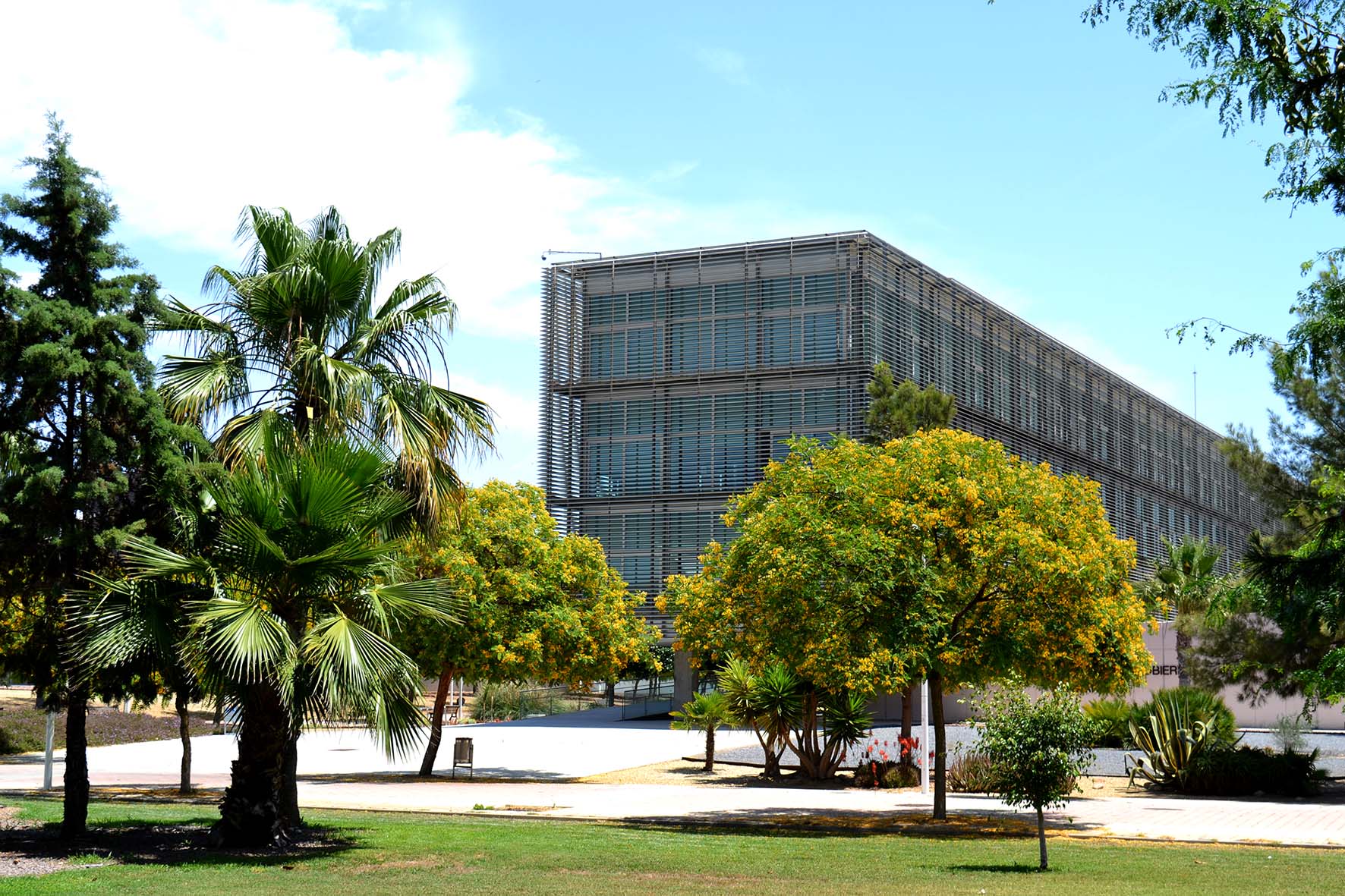
The University of Almeria in the top 10 of the Forbes ranking of universities in Spain 2022 |
CECOUAL has offered two free sessions to schools that include three workshops. In them, students have learned the importance of marine biodiversity and how to do citizen science, and sampling through the iNaturalist application with citizen collaboration creating a volunteer network with the fishing sector, associations linked to it, schools and citizens in general, both those who live in the Levante Almeriense and those who come to enjoy our coastline.
The didactic material that has been elaborated is an ‘Algae Guide’ with the main characteristics of each algae and phanerogam chosen. The 39 most representative species of algae and marine phanerogams of our coasts have been selected. The illustrations that appear in the guide allow the identification of the most common algae that citizens can find on the beaches of the Levante Almeriense.
These guides will be given to the students so that they can identify the algae and marine phanerogams they find on the coast. The objective is to achieve scientific interest and awareness on the part of the students. In addition, all the observations made by the students are part of the project, highlighting the importance of the data provided for the development and achievement of CECOUAL’s objectives.
On the CECOUAL website you can find more information about the project and download the ‘Guide to algae and marine phanerogams of the Levante Almeriense’, edited by CECOUAL, with scientific illustrations by Manuel García González and texts that help to identify them, by Manuel García and Pepa Corbacho. Also on the web you can follow the steps to do citizen science with iNaturalist within the marine algae project.
This project is financed by the Levante Almeriense Fisheries Development Group (GALP) of the Regional Ministry of Agriculture, Livestock, Fisheries and Sustainable Development through the European Maritime and Fisheries Fund (EMFF) of the European Union.

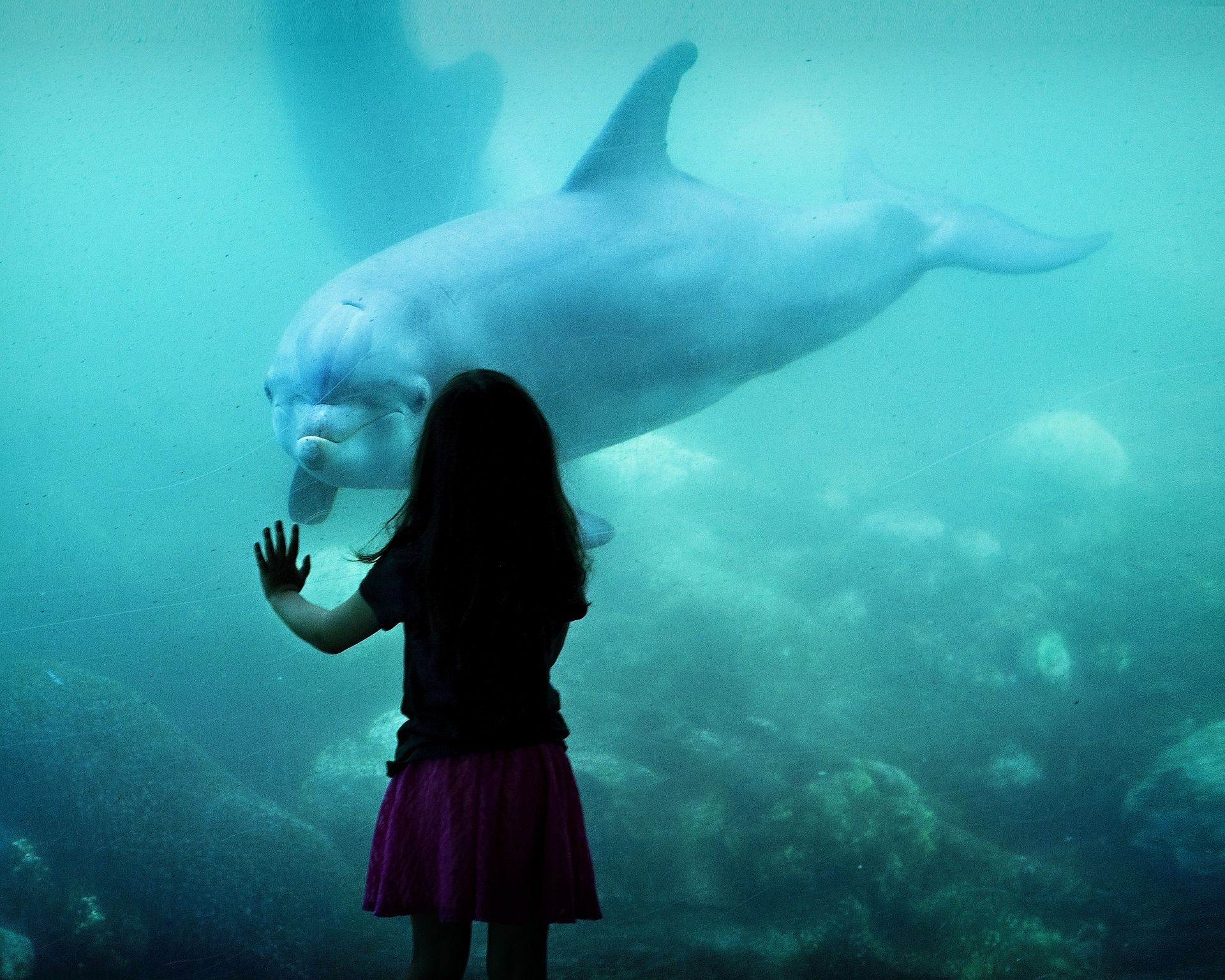
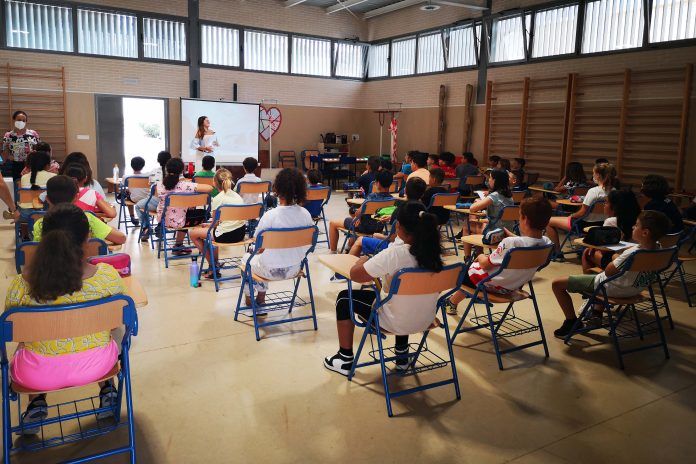
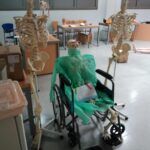
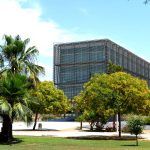

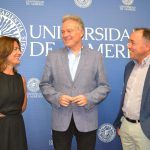

Leave a Reply